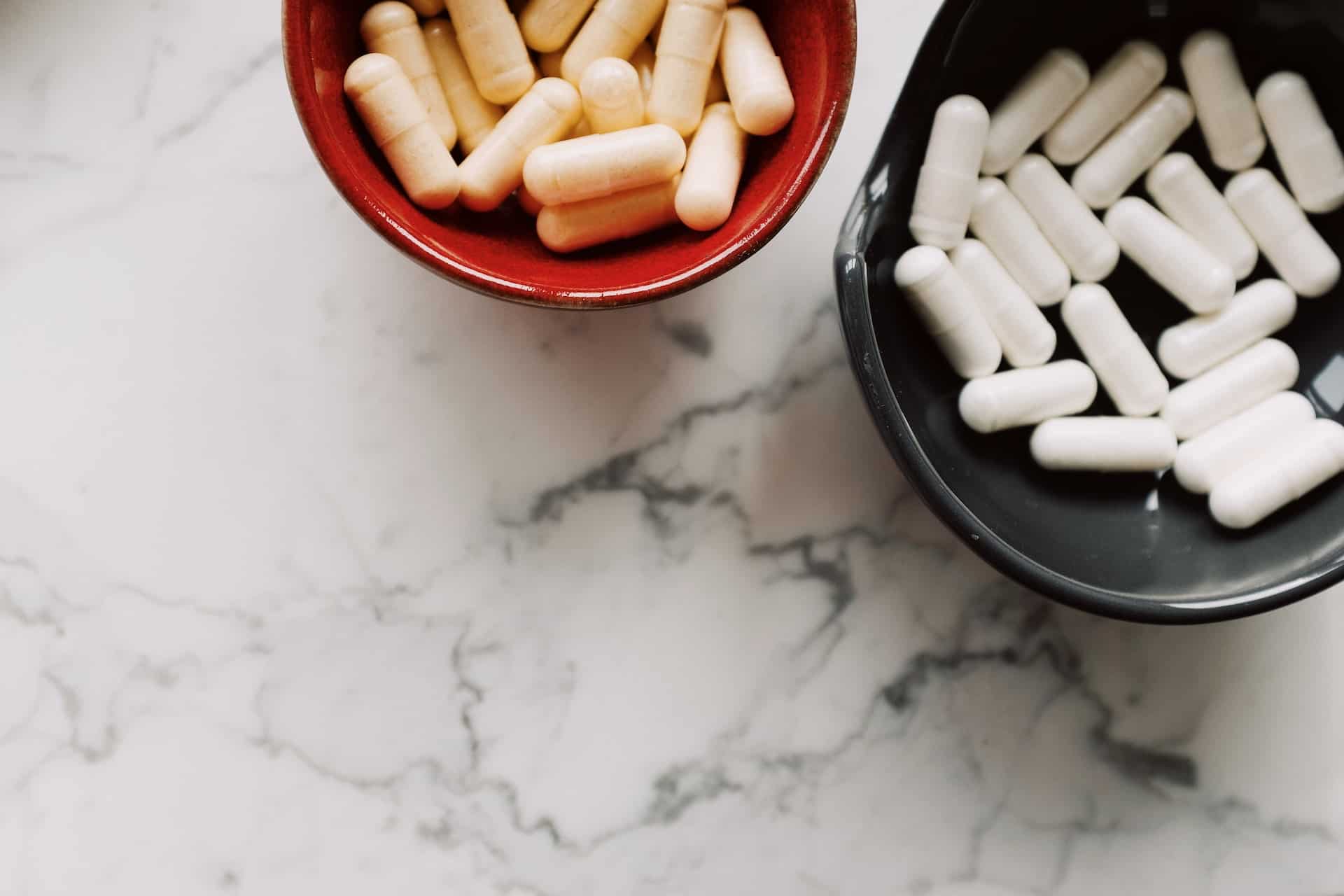When it comes to managing ADHD, the conversation often revolves around medications, therapy, and lifestyle changes. But what about supplements? Can they really help with focus and attention? This question is becoming more relevant as people look for natural and holistic ways to manage ADHD symptoms.
Understanding ADHD
ADHD, or Attention Deficit Hyperactivity Disorder, is a neurodevelopmental disorder characterized by inattention, hyperactivity, and impulsiveness. While it is often diagnosed in childhood, ADHD can continue into adulthood. Managing ADHD typically involves a combination of medication, behavioral therapy, and lifestyle adjustments. However, many are now exploring the potential benefits of supplements.
The Science Behind Supplements
ADHD focus supplements for adults often include a variety of ingredients that aim to support brain health and improve focus. These can include vitamins, minerals, amino acids, probiotics, and prebiotics. Let’s break down some of the key ingredients you might find in these supplements and how they are thought to work.
Probiotics: The Gut-Brain Connection
One interesting area of research is the gut-brain axis, which explores how the gut microbiome affects brain function. Probiotics, which are live beneficial bacteria, are believed to play a role in this connection. Here are some probiotics commonly found in ADHD supplements:
- Lactobacillus plantarum (PS128™) – Known for its potential to influence neurotransmitter levels, this strain might help improve mood and cognitive function.
- Lactobacillus paracasei (PS23™) – This strain may support the immune system and overall brain health.
- Lactobacillus helveticus (HA-122) – Often used to reduce anxiety and stress, which can indirectly improve focus.
- Lactobacillus rhamnosus (GG) – Promotes gut health, potentially reducing inflammation that could impact brain function.
- Bifidobacterium bifidum (Rosell®-71) – Helps maintain a healthy gut environment, which is crucial for nutrient absorption and brain health.
- Bifidobacterium longum (Rosell®-175) – Known for its role in reducing gastrointestinal discomfort and supporting overall well-being.
Prebiotics: Fuel for Probiotics
Prebiotics are non-digestible fibers that feed probiotics. Including prebiotics in your diet can enhance the effectiveness of probiotics. Common prebiotics found in ADHD supplements include:
- Galactooligosaccharides (GOS) – Supports the growth of beneficial bacteria in the gut.
- Inulin – A type of fiber that promotes digestive health and helps maintain a balanced gut microbiome.
- Jerusalem Artichoke Powder – Rich in inulin, this ingredient supports gut health and provides a steady energy source for probiotics.
Do These Ingredients Really Work?
While there is promising research supporting the benefits of probiotics and prebiotics for brain health, it’s important to approach these supplements with realistic expectations. Supplements can be a valuable addition to a holistic ADHD management plan, but they are not a cure-all.
What Does the Research Say?
Studies have shown that probiotics can have a positive impact on mental health, potentially reducing symptoms of anxiety and depression, which are often comorbid with ADHD. However, more research is needed specifically on their impact on ADHD symptoms.
Similarly, prebiotics have been shown to support a healthy gut microbiome, which can indirectly benefit brain health. The combination of probiotics and prebiotics, known as synbiotics, is particularly promising for enhancing cognitive function and reducing stress.
Practical Tips for Choosing Supplements
When considering ADHD focus supplements, here are a few tips to keep in mind:
- Look for Evidence-Based Ingredients – Choose supplements that include well-researched probiotics and prebiotics.
- Check CFUs and Dosages – CFU (Colony Forming Units) indicates the number of viable bacteria in probiotics. Higher CFUs can be more effective, but it’s important to follow the recommended dosages.
- Consider Your Diet – Supplements should complement a balanced diet rich in whole foods, fiber, and nutrients.
- Consult a Healthcare Professional – Always discuss with your doctor before starting any new supplement, especially if you have underlying health conditions or are taking other medications.
Beyond Supplements: Holistic ADHD Management
Supplements can be a helpful part of managing ADHD, but they work best when combined with other strategies. Here are some additional tips for supporting focus and attention:
Balanced Nutrition
Eating a diet rich in fruits, vegetables, whole grains, lean proteins, and healthy fats is crucial for brain health. Omega-3 fatty acids, found in fish and flaxseeds, are particularly beneficial for cognitive function.
Regular Exercise
Physical activity can help reduce hyperactivity and improve focus. Aim for at least 30 minutes of moderate exercise most days of the week. Activities like walking, swimming, and yoga can be particularly effective.
Mindfulness and Meditation
Mindfulness practices can help improve attention and reduce impulsivity. Techniques like deep breathing, meditation, and yoga can promote relaxation and enhance focus.
Structured Routine
Establishing a consistent daily routine can help manage ADHD symptoms. Use tools like planners, reminders, and to-do lists to stay organized and on track.
Quality Sleep
Good sleep is essential for brain function. Aim for 7-9 hours of quality sleep each night. Create a calming bedtime routine and maintain a regular sleep schedule.
Final Thoughts
Remember, everyone is different. What works for one person might not work for another. It’s all about finding the right combination of strategies that work for you. Always consult with a healthcare professional before starting any new supplement or making significant changes to your health routine.
